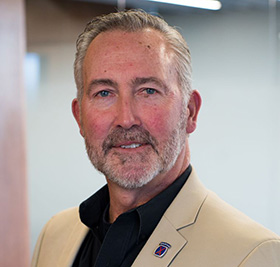Stakeholders search for intel on bid program

By Theresa Flaherty, Managing Editor
Updated 10:22 AM CDT, Fri July 8, 2022
 WASHINGTON – With CMS staying mum on a possible next round of the competitive bidding program, stakeholders want to know, “What’s the plan?”
WASHINGTON – With CMS staying mum on a possible next round of the competitive bidding program, stakeholders want to know, “What’s the plan?”
“Nobody knows what CMS is doing or what their game plan is, as far as the next round of bidding,” said John Gallagher, vice president of government relations for VGM. “It’s supposedly out there for December, but nobody knows if that is only for braces or what it is they will push and, in the meantime, providers are stuck with rates from 2015.”
In the last round of the program in 2021, CMS opted not to award contracts for 13 product categories that were previously included because the amounts did not achieve expected savings. It moved ahead only with off-the-shelf back and knee braces.
The only inkling that CMS may be planning something: a vague notice of proposed rulemaking with a December date in the Unified Agenda that gives no indication what it’s about, says Tom Ryan, president and CEO of AAHomecare.
“Typically, it would say competitive bidding, so this could be anything from revisiting the rural rates or competitive bidding – we don’t know,” he said. “We have a meeting with CMS on Aug. 2, and we want to find out what it’s all about.”
If CMS does plan to move forward with the program, it needs to work with the industry, not against it, if it wants to see true market-based pricing, says Ryan.
“We didn’t see significant savings pre-pandemic, and we’re certainly not going to see savings in the world we live in today,” he said. “It’s a two-way street.”
That’s the message stakeholders continue to press with lawmakers in the House of Representatives as they seek support for H.R. 6641, a bill that would implement a blended rate based 90% on bid pricing and 10% on the 2015 fee schedule. They’re also working with the Senate to extend a 75/25 blended reimbursement rate for non-bid, non-rural areas in place through the PHE as part of the CARES Act.
“We’re starting to push and looking toward September or the possible lame duck session to get something done,” said Jay Witter, vice president of government relations for AAHomecare. “We still don’t know the big issues; we don’t have a grasp the end of the public health emergency. That plays a huge role in the relief we get.”
Comments